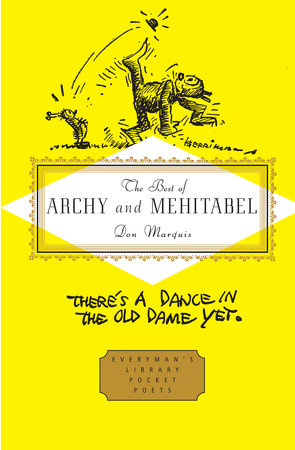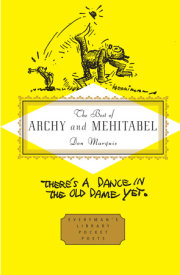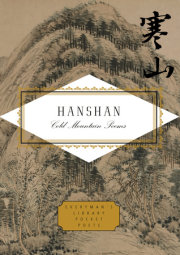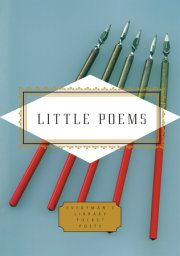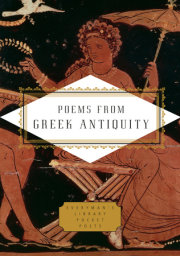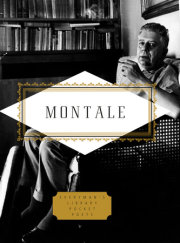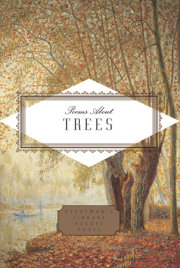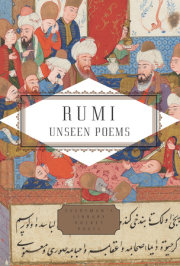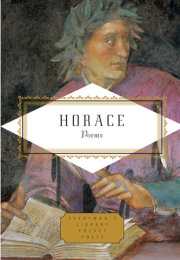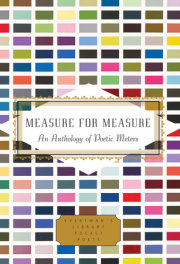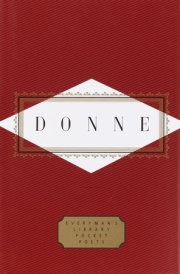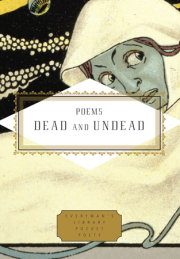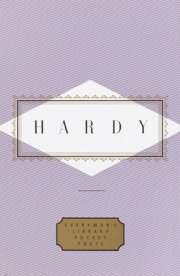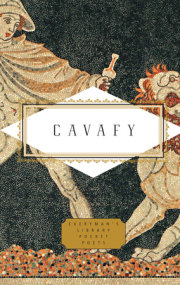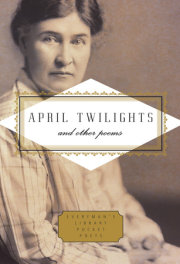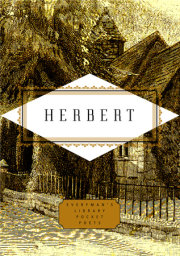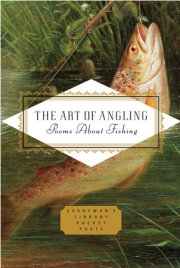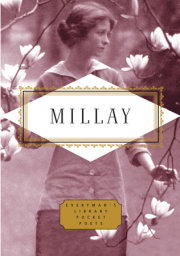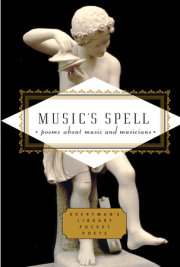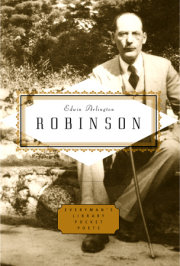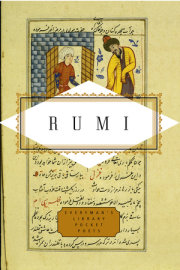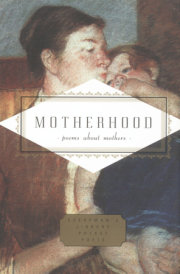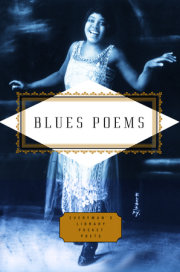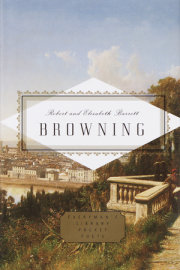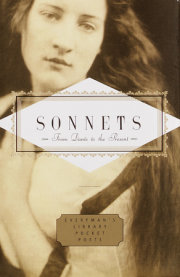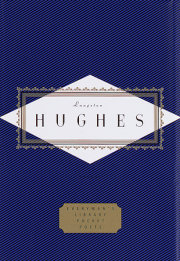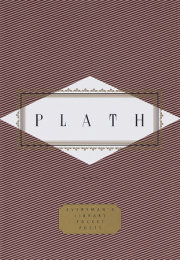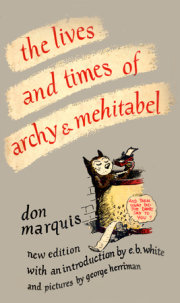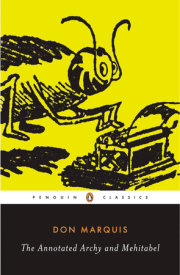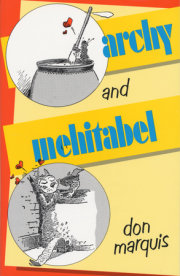Introduction
by E. B. White
When the publisher asked me to write a few introductory remarks about Don Marquis for this new edition of
archy and mehitabel, he said in his letter: ‘‘The sales of this particular volume have been really astounding.’’
They do not astound me. Among books of humor by American authors, there are only a handful that rest solidly on the shelf. This book about Archy and Mehitabel, hammered out at such awful cost by the bug hurling himself at the keys, is one of those books. It is funny, it is wise, it is tender, and it is tough. The sales do not astound me; only the author astounds me, for I know (or think I do) at what cost Don Marquis produced these gaudy and irreverent tales. He was the sort of poet who does not create easily; he was left unsatisfied and gloomy by what he produced; day and night he felt the juices squeezed out of him by the merciless demands of daily newspaper work; he was never quite certified by intellectuals and serious critics of belles lettres. He ended in an exhausted condition – his money gone, his strength gone. Describing the coming of Archy in the Sun Dial column of the New York
Sun one afternoon in 1916, he wrote: ‘‘After about an hour of this frightfully difficult literary labor he fell to the floor exhausted, and we saw him creep feebly into a nest of the poems which are always there in profusion.’’ In that sentence Don Marquis was writing his own obituary notice. After about a lifetime of frightfully difficult literary labor keeping newspapers supplied with copy, he fell exhausted.
I feel obliged, before going any further, to dispose of one troublesome matter. The reader will have perhaps noticed that I am capitalizing the name Archy and the name Mehitabel. I mention this because the capitalization of Archy is considered the unforgivable sin by a whole raft of old
Sun Dial fans who have somehow nursed the illogical idea that because Don Marquis’s cockroach was incapable of operating the shift key of a typewriter, nobody else could operate it. This is preposterous. Archy himself wished to be capitalized – he was no e. e. cummings. In fact he once flirted with the idea of writing the story of his life all in capital letters, if he could get somebody to lock the shift key for him. Furthermore, I capitalize Archy on the highest authority: wherever in his columns Don Marquis referred to his hero, Archy was capitalized by the boss himself. What higher authority can you ask?
The device of having a cockroach leave messages in his typewriter in the
Sun office was a lucky accident and a happy solution for an acute problem. Marquis did not have the patience to adjust himself easily and comfortably to the rigors of daily columning, and he did not go about it in the steady, conscientious way that (for example) his contemporary Franklin P. Adams did. Consequently Marquis was always hard up for stuff to fill his space. Adams was a great editor, an insatiable proof-reader, a good make-up man. Marquis was none of these. Adams, operating his Conning Tower in the
World, moved in the commodious margins of column-and-a-half width and built up a reliable stable of contributors. Marquis, cramped by single-column width, produced his column largely without outside assistance. He never assembled a hard-hitting bunch of contributors and never tried to. He was impatient of hard work and humdrum restrictions, yet expression was the need of his soul. (It is significant that the first words Archy left in his machine were ‘‘expression is the need of my soul’’.)
The creation of Archy, whose communications were in free verse, was part inspiration, part desperation. It enabled Marquis to use short (sometimes very, very short) lines, which fill space rapidly, and at the same time it allowed his spirit to soar while viewing things from the under side, insect fashion. Even Archy’s physical limitations (his inability to operate the shift key) relieved Marquis of the toilsome business of capital letters, apostrophes, and quotation marks, those small irritations that slow up all men who are hoping their spirit will soar in time to catch the edition. Typographically, the
vers libre did away with the turned or runover line that every single-column practitioner suffers from.
Archy has endeared himself in a special way to thousands of poets and creators and newspaper slaves, and there are reasons for this beyond the sheer merit of his literary output. The details of his creative life make him blood brother to writing men. He cast himself with all his force upon a key, head downward. So do we all. And when he was through his labors, he fell to the floor, spent. He was vain (so are we all), hungry, saw things from the under side, and was continually bringing up the matter of whether he should be paid for his work. He was bold, disrespectful, possessed of the revolutionary spirit (he organized the Worms Turnverein), was never subservient to the boss yet always trying to wheedle food out of him, always getting right to the heart of the matter. And he was contemptuous of those persons who were absorbed in the mere technical details of his writing. ‘‘The question is whether the stuff is literature or not.’’ That question dogged his boss, it dogs us all. This book – and the fact that it sells steadily and keeps going into new editions – supplies the answer.
In one sense Archy and his racy pal Mehitabel are timeless. In another sense, they belong rather intimately to an era – an era in American letters when this century was in its teens and its early twenties, an era before the newspaper column had degenerated. In 1916 to hold a job on a daily paper, a columnist was expected to be something of a scholar and a poet – or if not a poet at least to harbor the transmigrated soul of a dead poet. Nowadays, to get a columning job a man need only have the soul of a Peep Tom, or of a third-rate prophet. There are plenty of loud clowns and bad poets at work on papers today, but there are not many columnists adding to belles lettres, and certainly there is no Don Marquis at work on any big daily, or if there is, I haven’t encountered his stuff. This seems to me a serious falling off of the press. Mr. Marquis’s cockroach was more than the natural issue of a creative and humorous mind. Archy was the child of compulsion, the stern compulsion of journalism. The compulsion is as great today as it ever was, but it is met in a different spirit. Archy used to come back from the golden companionship of the tavern with a poet’s report of life as seen from the under side. Today’s columnist returns from the platinum companionship of the night club with a dozen pieces of watered gossip and a few bottomless anecdotes. Archy returned carrying a heavy load of wine and dreams. These later cockroaches come sober from their taverns, carrying a basket of fluff. I think newspaper publishers in this decade ought to ask themselves why. What accounts for so great a falling off?
I hesitate to say anything about humor, hesitate to attempt an interpretation of any man’s humor: it is as futile as explaining a spider’s web in terms of geometry. Marquis was, and is, to me a very funny man, his product rich and satisfying, full of sad beauty, bawdy adventure, political wisdom, and wild surmise; full of pain and jollity, full of exact and inspired writing. The little dedication to this book
. . . to babs
with babs knows what
and babs knows why
is a characteristic bit of Marquis madness. It has the hasty despair, the quick anguish, of an author who has just tossed another book to a publisher. It has the unmistakable whiff of the tavern, and is free of the pretense and the studied affection that so often pollute a dedicatory message.
The days of the Sun Dial were, as one gazes back on them, pleasantly preposterous times and Marquis was made for them, or they for him.
Vers libre was in vogue, and tons of souped-up prose and other dribble poured from young free-verse artists who were suddenly experiencing a gorgeous release in the disorderly high-sounding tangle of non-metrical lines. Spiritualism had captured people’s fancy also. Sir Arthur Conan Doyle was in close touch with the hereafter, and received frequent communications from the other side. Ectoplasm swirled around all our heads in those days. (It was great stuff, Archy pointed out, to mend broken furniture with.) Souls, at this period, were being transmigrated in Pythagorean fashion. It was the time of ‘‘swat the fly,’’ dancing the shimmy, and speakeasies. Marquis imbibed freely of this carnival air, and it all turned up, somehow, in Archy’s report. Thanks to Archy, Marquis was able to write rapidly and almost (but not quite) carelessly. In the very act of spoofing free verse, he was enjoying some of its obvious advantages. And he could always let the chips fall where they might, since the burden of responsibility for his sentiments, prejudices, and opinions was neatly shifted to the roach and the cat. It was quite in character for them to write either beautifully or sourly, and Marquis turned it on and off the way an orchestra plays first hot, then sweet.
Archy and Mehitabel, between the two of them, performed the inestimable service of enabling their boss to be profound without sounding self-important, or even self-conscious. Between them, they were capable of taking any theme the boss threw them, and handling it. The piece called ‘‘the old trouper’’ is a good example of how smoothly the combination worked. Marquis, a devoted member of The Players, had undoubtedly had a bellyful of the lamentations of aging actors who mourned the passing of the great days of the theater. It is not hard to imagine him hastening from his club on Gramercy Park to his desk in the
Sun office and finding, on examining Archy’s report, that Mehitabel was inhabiting an old theater trunk with a tom who had given his life to the theater and who felt that actors today don’t have it any more – ‘‘they don’t have it here.’’ (Paw on breast.) The conversation in the trunk is Marquis in full cry, ribbing his nostalgic old actors all in the most wildly fantastic terms, with the tomcat’s grandfather (who trooped with Forrest) dropping from the fly gallery to play the beard. This is double-barreled writing, for the scene is funny in itself, with the disreputable cat and her platonic relationship with an old ham, and the implications are funny, with the author successfully winging a familiar type of bore. Double-barreled writing and, on George Herriman’s part, double-barreled illustration. It seems to me Herriman deserves much credit for giving the right form and mien to these willful animals. They possess (as he drew them) the great soul. It would be hard to take Mehitabel if she were either more catlike, or less. She is cat, yet not cat; and Archy’s lineaments are unmistakably those of poet and pest.
Marquis moved easily from one form of composition to another. In this book you will find prose in the guise of bad
vers libre, poetry that is truly free verse, and rhymed verse. Whatever fiddle he plucked, he always produced a song. I think he was at his best in a piece like ‘‘warty bliggens,’’ which has the jewel-like perfection of poetry and contains cosmic reverberations along with high comedy. Beautiful to read, beautiful to think about. But I am making Archy sound awfully dull, I guess. (Why is it that when you praise a poet, or a roach, he begins to sound well worth shunning?)
When I was helping edit an anthology of American humor some years ago, I recall that although we had no trouble deciding whether to include Don Marquis, we did have quite a time deciding where to work him in. The book had about a dozen sections; something by Marquis seemed to fit almost every one of them. He was parodist, historian, poet, clown, fable writer, satirist, reporter, and teller of tales. He had everything it takes, and more.We could have shut our eyes and dropped him in anywhere.
At bottom Don Marquis was a poet, and his life followed the precarious pattern of a poet’s existence. He danced on bitter nights with Boreas, he ground out copy on drowsy afternoons when he felt no urge to write and in newspaper offices where he didn’t want to be. After he had exhausted himself columning, he tried playwriting and made a pot of money (on
The Old Soak) and then lost it all on another play (about the Crucifixion). He tried Hollywood and was utterly miserable and angry, and came away with a violent, unprintable poem in his pocket describing the place. In his domestic life he suffered one tragedy after another – the death of a young son, the death of his first wife, the death of his daughter, finally the death of his second wife. Then sickness and poverty. All these things happened in the space of a few years. He was never a robust man – usually had a puffy, overweight look and a gray complexion. He loved to drink, and was told by doctors that he mustn’t. Some of the old tomcats at The Players remember the day when he came downstairs after a month on the wagon, ambled over to the bar, and announced: ‘‘I’ve conquered that god-damn will power of mine. Gimme a double scotch.’’
I think the new generation of newspaper readers is missing a lot that we used to have, and I am deeply sensible of what it meant to be a young man when Archy was at the top of his form and when Marquis was discussing the Almost Perfect State in the daily paper. Buying a paper then was quietly exciting, in a way that it has ceased to be.
Marquis was by temperament a city dweller, and both his little friends were of the city: the cockroach, most common of city bugs; the cat, most indigenous of city mammals. Both, too, were tavern habitués, as was their boss. Here were perfect transmigrations of an American soul, this dissolute feline who was a dancer and always the lady,
toujours gai, and this troubled insect who was a poet – both seeking expression, both vainly trying to reconcile art and life, both finding always that one gets in the way of the other. Their employer, in one of his more sober moods, once put the whole matter in a couple of lines.
My heart has followed all my days
Something I cannot name . . .Such is the lot of poets. Such was Marquis’s lot. Such, probably, is the lot even of bad poets. But bad poets can’t phrase it so simply.
E. B.White
1950
Copyright © 2011 by Don Marquis. All rights reserved. No part of this excerpt may be reproduced or reprinted without permission in writing from the publisher.

